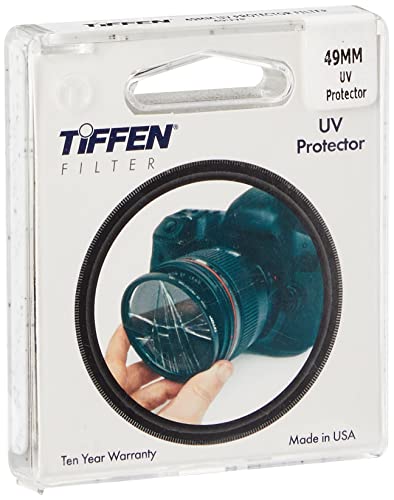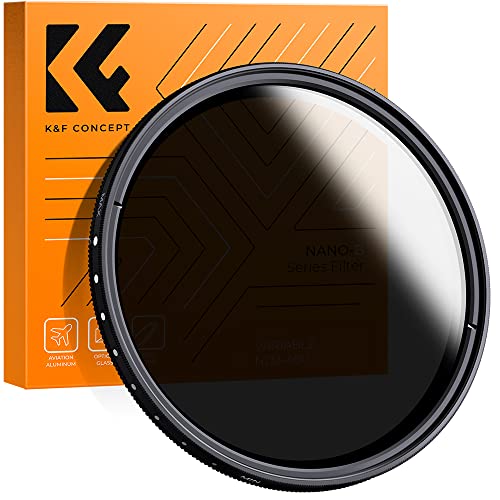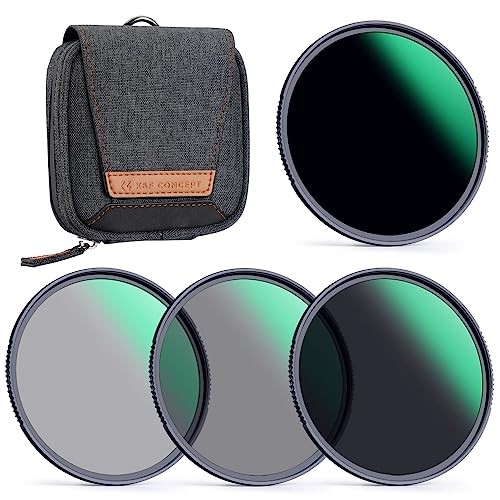
It’s natural to be curious about the sun. After all, it’s one of the most powerful forces in the universe. But have you ever wondered if it’s possible to damage your camera by shooting the sun? In this article, we’ll explore the risks and dangers of photographing the sun and answer that very question!
Have you ever considered pointing your camera at the Sun to capture photographs? What would you think if you knew what would happen to your camera sensor and lenses if you aimed the camera directly at the sun? Is it true that the Sun harms the sensor and lens of cameras?

Yes, photographing the Sun directly may cause irreversible damage to your camera. Taking still photos is typically safer than filming because if you leave the camera’s light sensor open, it will be permanently altered. You’ll be fine up to a point with a DSLR, but if you’re using a point and shoot mode, think again.
Let’s learn how to safeguard your DSLR cameras from damage if you’re shooting many photographs and videos in the sunniest conditions. Now the question is, if you’re talking about using the camera directly to shoot a sun or utilizing it in direct sunlight, the answers will alter.
The camera sensor and lenses are affected by pointing your camera with or without lenses directly. The basic line is that whatever the brightness level might do to your eyes may also harm your cameras.
What happens when the Sun hits your sensor?
Here’s how the sun might harm your camera sensor and lenses. Assume you’re filming in the light for an extended period of time. If you’re still worried about your lens lowering the intensity level, think again. Because the lens will function as a Magnifier and multiply the sun’s strength right on the interior of your camera.
Depending on the strength of the light, it can cause irreversible damage to your camera sensor if you use any filters to avoid direct sunlight. You’ll also expose shutter curtains and other sensors.

What damage can the Sun Have on Your Camera?
We’ve all used electronics, and we’re all aware that each gadget needs a certain quantity of energy. If you put a greater electric current through the equipment than it is designed for, you’ll most certainly harm the electrical components.
A camera’s sensor is composed of photosensitive material. When light falls on a pixel on the sensor, an electric charge is generated. The stronger the light source, the greater the amount of electricity produced. This means that if you expose the sensor to a strong light source, it can be damaged. The Sun is the most powerful natural light source accessible to us. Even for a little time, if you expose your mirrorless camera to the sun, the total quantity of light might be enough to harm the sensor.
Does Direct Sunlight Damage Camera (Phones)?
In brief, yes, the sun can harm your smartphone camera. Even smartphones with better cameras like the iPhone, employ a comparable manufacturing method to other smartphones.
They feature light sensors in the lenses to detect and filter light. The fact that smartphone cameras are so tiny is remarkable. You compare the results of huge Nikon camera lenses with what an iPhone can accomplish with a 2mm deep camera, and it’s just incredible.
The sensors in your camera can be damaged by the sun (and any other overly bright thing), leading to a change in how it tries to refract and filter light. The sensor may break completely if there is a lot of damage, making the camera absolutely useless.
Can You Take A Picture Of The Sun On Your Phone?

You can, but it will come at a price. When you shoot the sun, you’re using the lens as a magnifying glass, and your sensors are the ants. Your sensor is meant to detect and filter light, but when there’s too much of it, it might do irreversible damage.
When there was an eclipse in 2019, you wouldn’t believe how many people ruined their cameras because they didn’t realize it. For many individuals, their cell phone camera is simply a means to communicate with friends and read comments on social media, but it’s something much more to us.
Even if you utilize front-facing camera protective lenses, you’re still taking a significant risk of doing irreversible damage.
Although they might assist add a few seconds of protection to direct exposure, they should not be utilized to capture the sun if at all possible.
UV filters will not protect your phone or your eyes from looking directly at the sun.
The most common type of eye damage is caused by visible light and a significant amount by infrared radiation. When individuals believe the danger is UV, they are severely misinformed about the hazard that comes from staring at the sun. The cornea and sclera are damaged in a temporary manner by UV. Near-infrared and visible light are extremely damaging to the eye. Cellphone camera sensors are also damaged by visible light.
It’s very risky to take photographs of the sun. It’s best not to do it, no matter how tempting it may appear. You can put your camera on a sturdy surface and fire away if you just point it at the sun for a brief period of time. If you shoot a video or direct attention to the sun for an extended duration in order to compose the image, you’ll almost certainly damage it.
Time-Lapse Photos Of The Sun Pose A Higher Risk
Time-lapse photography is an excellent technique to show the natural beauty and passage of time throughout one day. However, if done incorrectly, they may be harmful. Some photographers leave their camera on time-lapse mode when they set up their tripod and camera, then let it sit.

They don’t understand that if the sun starts setting straight overhead and in view of the camera, it might be damaging the lens and sensors over time, particularly if there’s no cloud cover.
Don’t misunderstand me, time-lapse photos are fantastic; you just have to know how to make them. Position your camera in the shade and aim one way as the sun rises so you can take approximately six hours of photographs before pivoting your viewpoint.
One location may be stunning enough in itself, but you can then cut to another aspect of the same place (if done in a video format) for six hours.
This allows you to keep the same subject while also demonstrating the shift from sunrise to sunset without putting your camera at immediate risk.
Be careful if you’re using a point-and-shoot model!
Because most point-and-shoot cameras keep the shutter open the whole time you’re utilizing them and there’s no mirror to redirect sunlight, they expose your camera to the sun for a considerably shorter period of time. The image sensor and the screen on the back are linked together. It views what the sensor sees. If you’re pointing your point-
There’s a simple guideline that applies to all of this. If something is so bright that it causes eye strain, it will most likely harm your camera as well. Take precautions to protect your eyes! At the height of the day, avoid looking at the sun (sunset and sunrise are acceptable, but remain cautious). You may have your camera and
How to Protect Your Sensor from Sun Damage
When you’re going outside, you use sunscreen and a pair of sunglasses to protect yourself from the sun. You can also reduce many of these hazards by using the appropriate safety equipment. There are two primary pieces of gear used for cameras that may help to minimize the chance of damage.
Consider buying these ND filters
The first item to consider is ND Filters. These are lenses that you wear on your camera’s front. They help block a particular quantity of light from entering the lens by sitting there. Fixed ND filters, which have their own stop rating, or variable ND filters may be used with a variety of stops. If you’re photographing during daylight hours
An ND filter isn’t enough if you want to photograph the Sun. A solar filter for your camera is required for that. Solar filters are specialized accessories that reduce light and heat by 99%. They’re mostly used for telescopes because they block over 99% of light and heat. Solar filters are now available in most modern digital cameras, too.
How to Shoot Photographs in Bright Sunlight? Watch this awesome tutorial
Final words
One could argue that it is not particularly safe to point a mirrorless camera (or even a DSLR) directly at the sun, but this does not imply that the damage will definitely occur. You may safely use your camera in the sun and protect your eyes while mitigating risk by understanding how and when the harm can happen, as well as taking appropriate


 Amazon.com
Amazon.com











